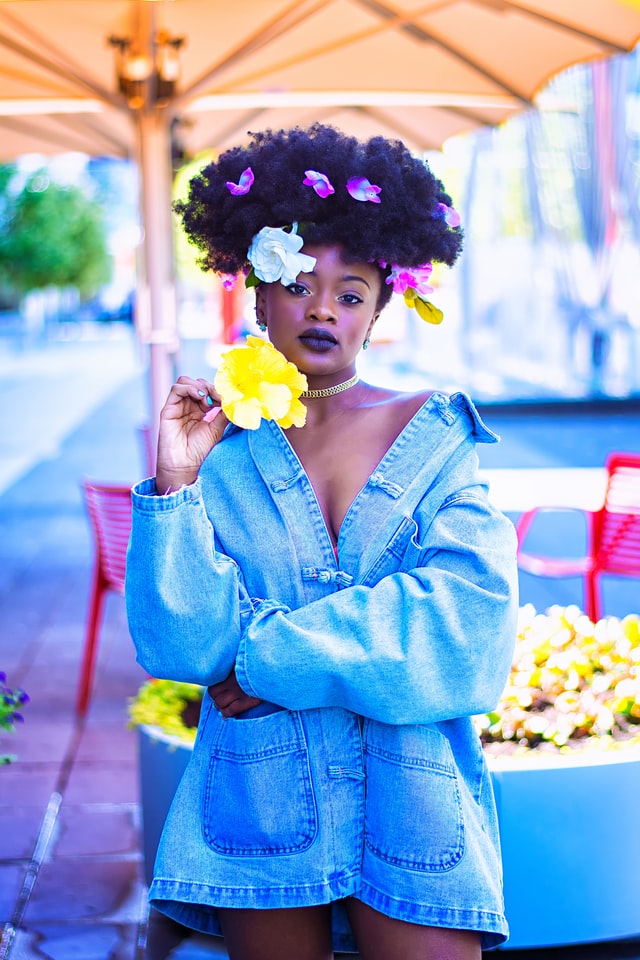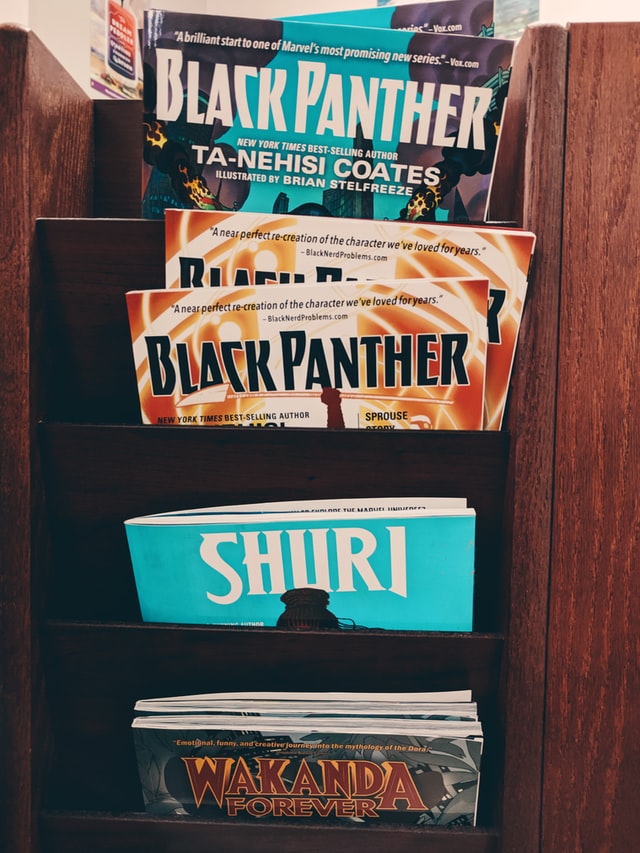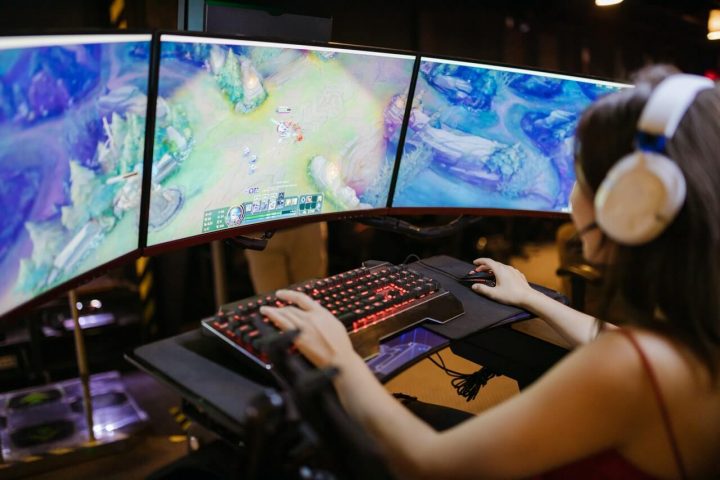Afrofuturism is the intersection of sci-fi and African pride. Learn more about this Afro-centric movement.
Afrofuturism Definition

Afrofuturism is a reimagining of a future abundant with arts, science and technology as seen through a black lens. The term comes from author Mark Dery. He explained this through an essay, “Black to the Future”. It delves into a speculative fiction within the African diaspora. This essay came out due to a series of interviews with black content creators.
There are many definitions of Afrofuturism. However, the main themes are reclamation, revisioning of the past and predictions of the future, and black liberation. All this is through a black cultural lens.
Afrofuturism offers an avenue out of the present nature that limits black people to empowering them instead.
Afrofuturism vs Standard Science Fiction

The difference between Afrofuturism and “regular” science fiction is that it mostly leans on ancient African traditions and black identity.
A black character in a futuristic piece is simply not enough. To be completely Afrofuturism, it should be deeply rooted. Moreover, it should celebrate the uniqueness of the black culture.
The subject and the topic of Afrofuturism is wide and diverse and has been on a steady growth.
To get a grip of Afrofuturism, the following is where you can begin.
Black Panther
Black Panther is a perfect example of Afrofuturism. The movie dons the theme of Afrofuturism unapologetically. For example, Shuri is a tech genius in Black Panther. She is the smartest person in this fictional world. Additionally, she’s in charge of the development and maintenance of state-of-the-art gadgets that her brother T’Challa (Black Panther) uses.
Wakanda
Wakanda is a fictional country in Africa. The utopian society is also home to one of the world’s richest mineral, Vibranium. Ancient traditions are still present in Wakanda even though the state is highly developed.
Children of Blood and Bone-Tomi Adeyemi
In the Children of Blood and Bone series, you see a mixture of West African mythology with various themes that are relevant in the modern-day. Zelie Adebola fights to bring back magic and eliminate a violent monarchy. Children of Blood is a follow up of Children of Virtue, and Vengeance.
Kindred-Octavia E. Butler
Afrofuturist novels give a unique avenue to shed more light on the history of Africa. Kindred talks about a lady who is transported from California to Africa in the 1970s. This was during the period of the slave trade.
The Wiz
The Wiz is a great example of Afrofuturism. This film employs and entails black culture themes of futurism. The characters go into time and into space.
General Music
The term Afrofuturism was not in use up until the 1990s. However, Afrofuturistic aesthetics and music existed as early as the 1950s. At this time, science fiction had taken over. Movies were created left, right, and centre. Many were concerning invasion by aliens, the moon landing, and exploration was also a thing.
However, black people were not fully represented in most of these places. Therefore, the only part of Afrofuturism that the black people were represented in was through jazz music.
Jazz musicians like Sun Ra walked out of their confined boxes and explored further. Sun Ra together with his band announced that they were from Saturn. They claimed that they were here to join all people together. Moreover, they pushed further the Afrofuturism by dressing like extras from sci-fi movies.
This was a huge wake-up call and opened more doors. In the following decades, more black artists embraced this. It evolved into Hip Hop with groups such as Outkast and neo-soul with Erykah Badu, among many other genres.
Moreover, artist Janelle Monae has used Afrofuturistic themes in many of his projects. Dirty computer is just one significant example.
Black to the Future
Afrofuturism has had its impact in literature, science and technology, art, music and aesthetics. However, what’s next? Afrofuturism has opened an avenue for things/issues that were seen as not so cool to be embraced. They have become part and parcel of our lives.
In the 21st century, Afrofuturism continues to evolve and gain momentum. This has mostly been pushed by writers and musicians. Some of the most notable musicians that have been at the forefront include Lupe Fiasco, Erykah Badu, Janelle Monae, Solange, and many more. In movies, we have seen it in Black Panther.
Afrofuturism is now taking over the media. Young people are being exposed to and technology has allowed black people to explore their own identities.









